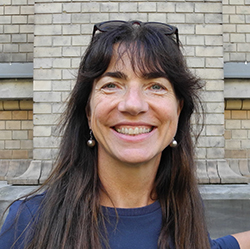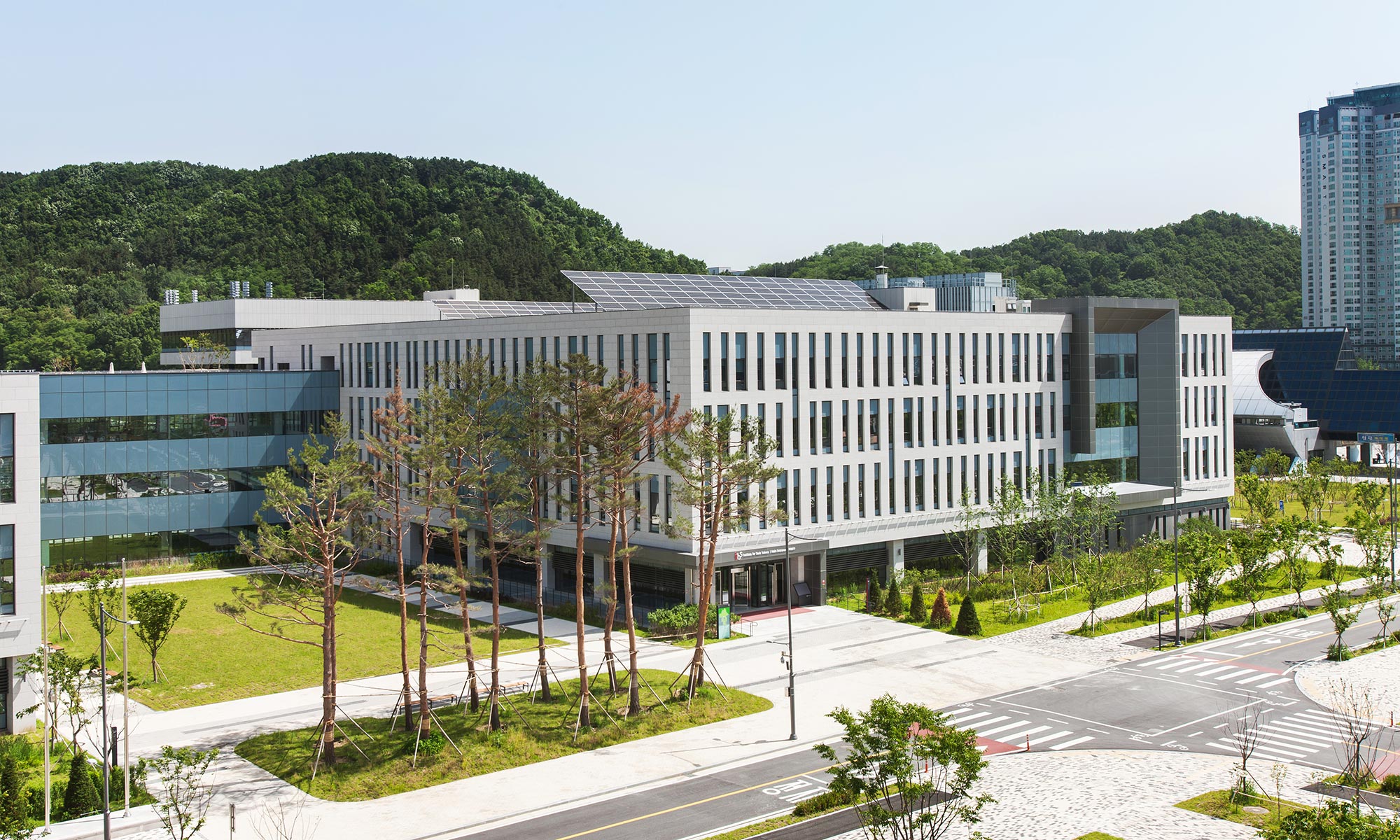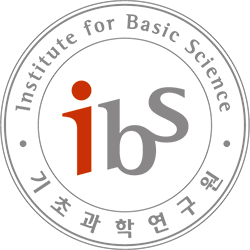
- This event has passed.
Assessing the limits of control of Covid-19 outbreaks using agent-based modeling
November 23, 2022 @ 4:00 pm - 5:00 pm KST

Transmission of SARS-CoV-2 relies on interactions between humans. Heterogeneity and stochasticity both in human-human interactions and in the transmission of the virus give rise to non-linear infection networks that gain complexity with time.
We assessed the limits of control and the effect of pharmaceutical and non-pharmaceutical measures against COVID‐19 outbreaks with a detailed community‐specific agent-based model (GERDA). The demographic and geographic structure of the concrete communities influence the pattern of infection spreading. Stochastic community dynamics and limited vaccination can lead to bimodal outcomes, rendering predictions about infection spreading and effects of nonpharmaceutical interventions uncertain.
By comparing different vaccination strategies, we found that the herd immunity threshold depends strongly on the applied vaccination strategy. When vaccine supply is limited, different vaccination strategies are optimal for the intended goal e.g., reducing fatalities or confining an outbreak. Prioritizing highly interactive people diminishes the risk for an infection wave, while prioritizing the elderly minimizes fatalities.
The inherent stochasticity can lead to bimodality in predicting an outbreak in different low-incidence scenarios and, thereby, render the effect of limited NPI uncertain. Further, we found that for the low-incidence scenarios the reproduction number R0 is not a suitable predictor for the system behavior or the infectiousness of the virus.
The developed simulation platform can process and analyze dynamic COVID‐19 epidemiological situations in diverse communities worldwide to predict pathways to population immunity even with limited vaccination.

